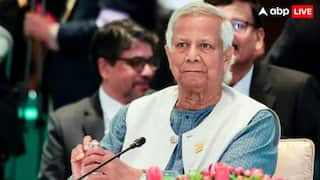India Still Using Dollars For Payment Of Russian Oil Purchase: Report
India is not inclined to switch to Moscow's preferred alternatives, the euro or the United Arab Emirates’ dirham, and Russia is reluctant to shift to the rupee, according to the report

India is still using dollars for the payment of Russian oil, reported the Economics Times (ET), citing multiple executives and officials. According to the ET report, India is not inclined to switch to Moscow's preferred alternatives, the euro or the United Arab Emirates’ dirham, and due to the increasing trade imbalance between the two countries, Russia is reluctant to shift to the rupee.
The report said that executives and officials have said that the Indian refiners are continuing to pay in dollars using regular banking channels for the oil they buy from Russia. The alternative rupee payment mechanism devised by the Reserve Bank of India (RBI) hasn't gained traction, they added. In July this year, RBI laid down the rules for international trade settlement in rupees.
"Neither banks nor suppliers are too keen on the rupee payment. Since our exports to Russia are too little compared to our imports, suppliers will be left with too many rupees at hand and they aren't sure what they would do with that," said an industry executive.
After the sanctions imposed by the US and European countries following the Russian invasion of Ukraine, Russian President Vladimir Putin in march announced that the "unfriendly countries" must use rubles to buy Russian oil and gas. Later, Moscow requested some buyers of its commodities pay using roubles or other currencies than the dollar and euro which its contracts are typically priced in.
"If we must replace the dollar, it should be the rupee. Why should we strengthen the euro or dirham?" an official told ET.
According to the report, industry executives have said that the choice of currency is something only the government can decide. One of them said, "The finance ministry has to take a call on which currency would best serve the national interest."
Related Video
Union Budget 2025: Arvind Kejriwal lists the shortcomings of the Modi government's budget | ABP News | AAP






































